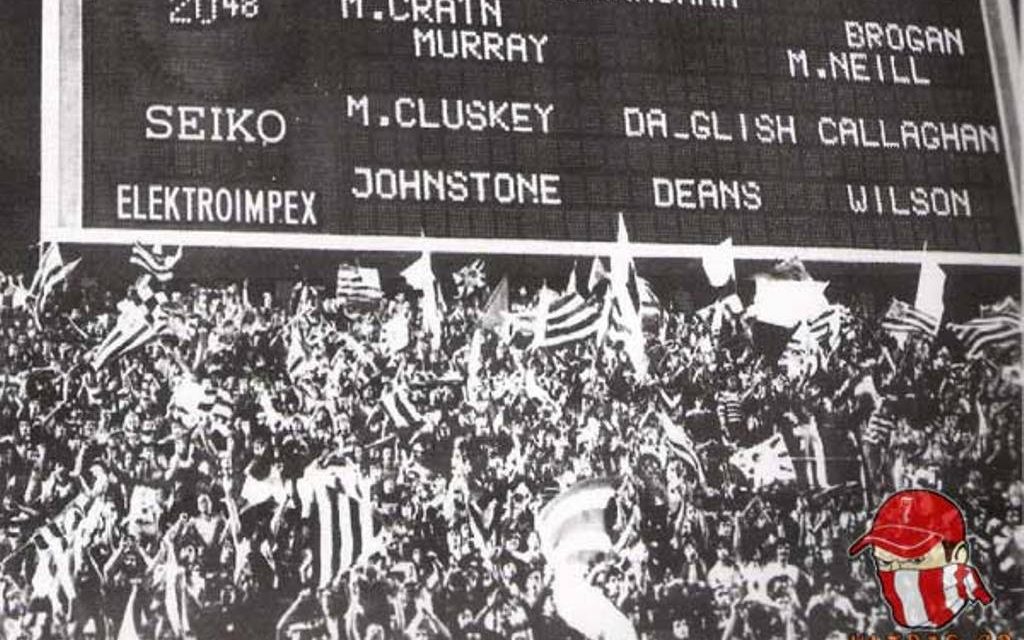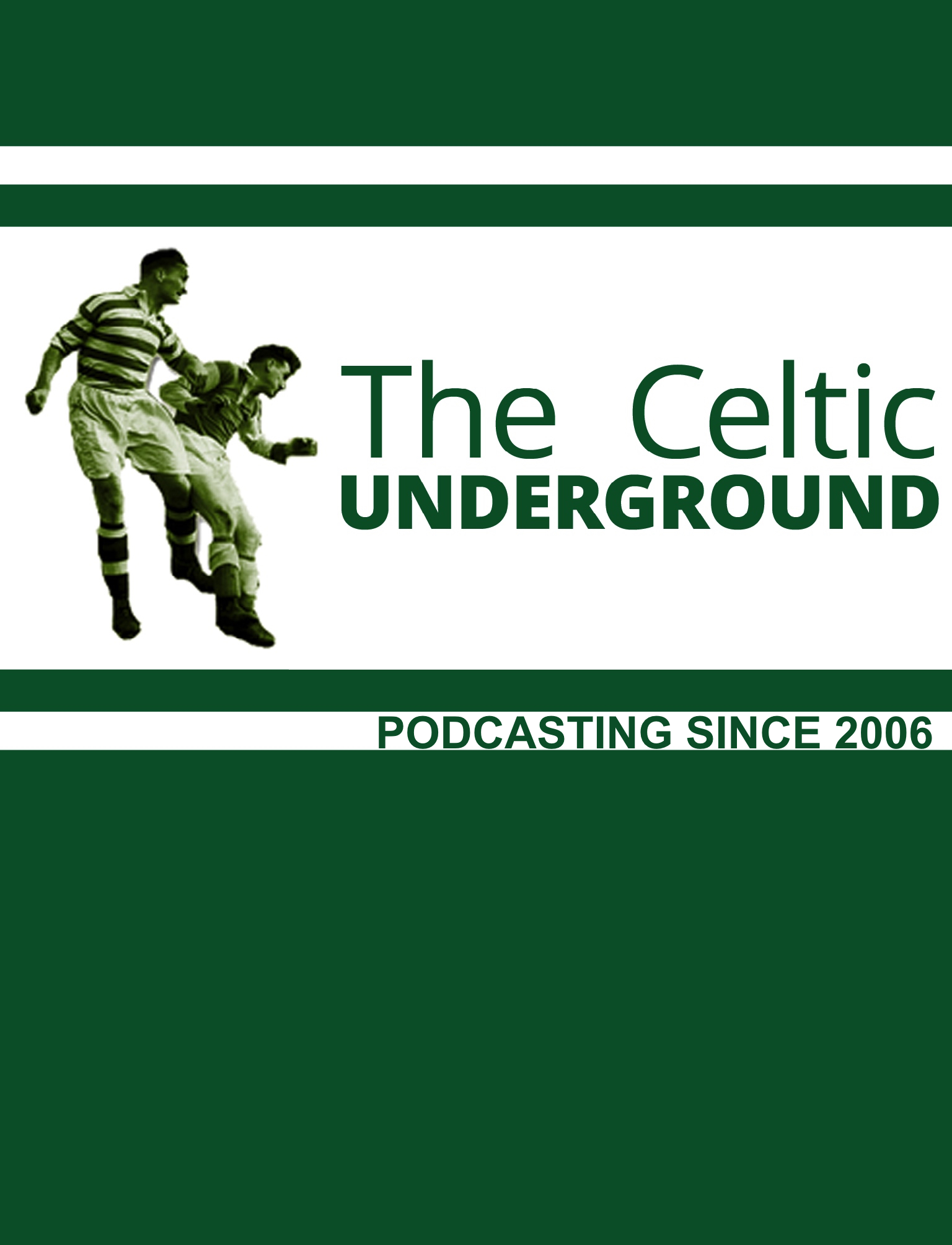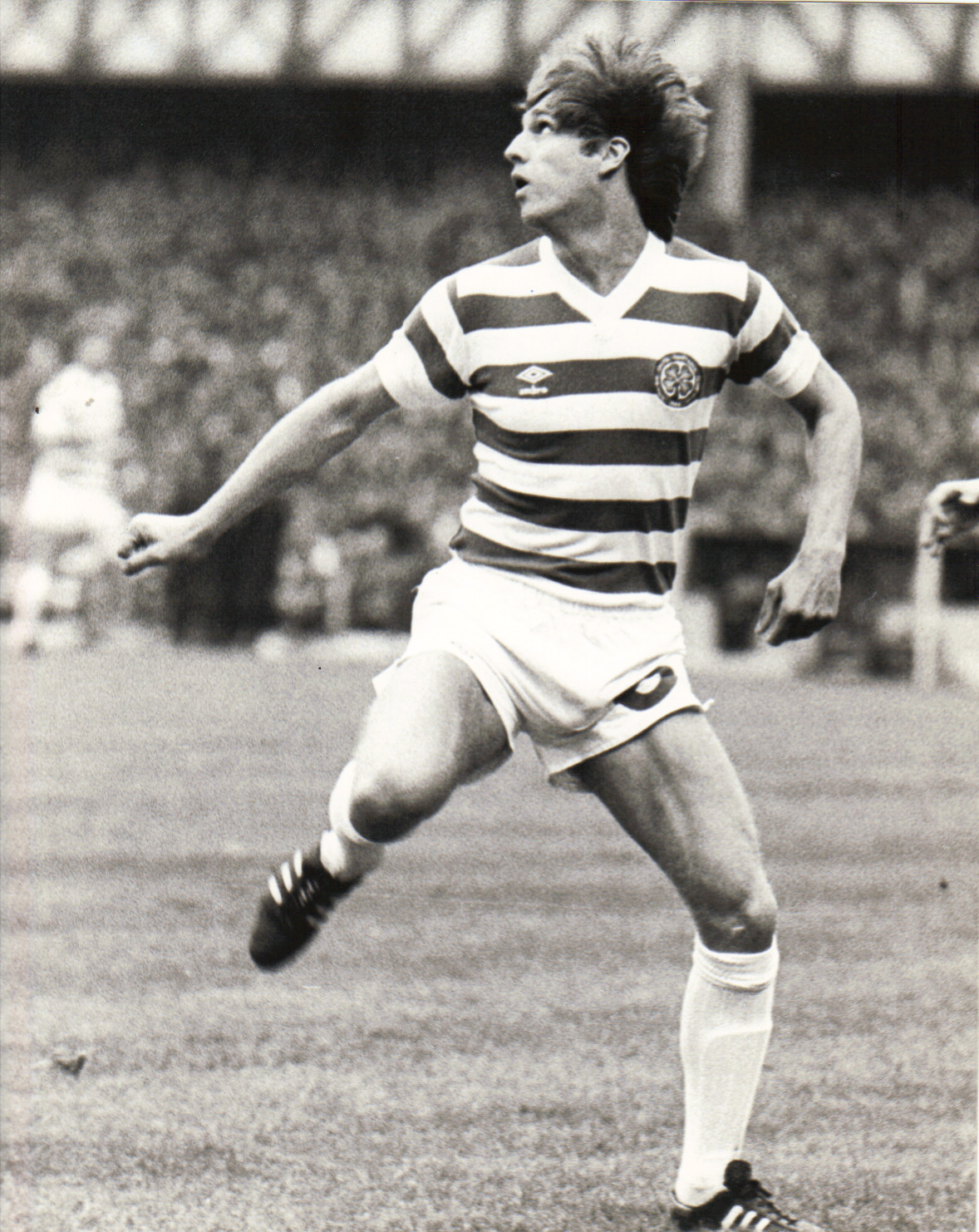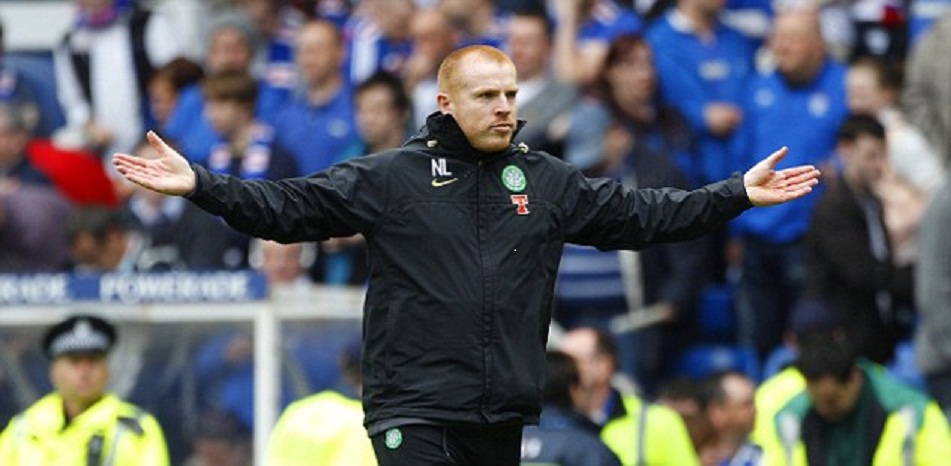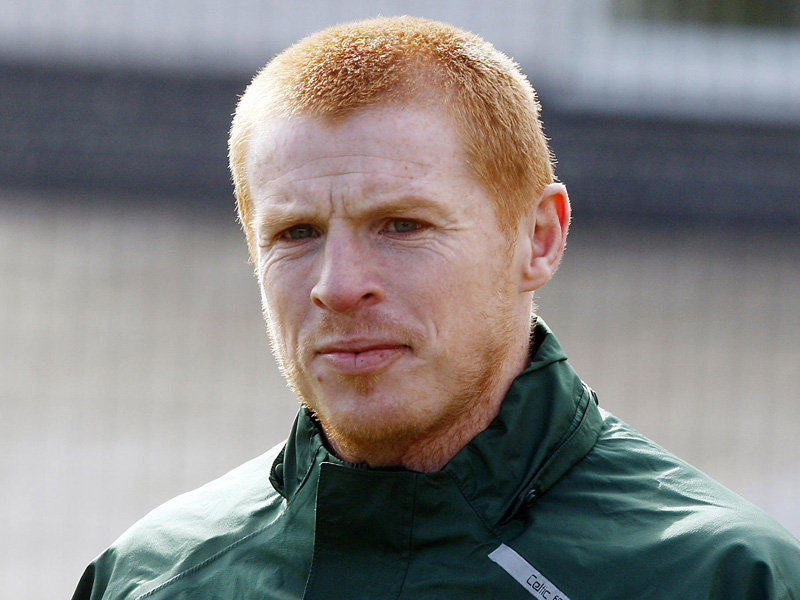Celtic face Greek opposition next week in the shape of AEK Athens. This is only the second occasion in which the Celts have faced a Greek side in European competition. We take a look back to the first time Celtic faced a team from Greece.
I well remember being on holiday in Ayr (us Govan boys went to such exotic destinations) in the summer of 1974 when the news came through that Celtic had been drawn against the grandly named Olympiakos of Piraeus in the first round of the European Cup.
Celtic had a pedigree in the tournament and were expected to do well . This was the ninth consecutive occasion they had qualified for Europe’s premier competition and in the previous eight occasions they had been winners, finalists, and appeared in another two semi finals.
Not much was known of Greek football at the time although Panathinaikos had appeared in the 1971 European Cup final where they had lost to a Johan Cruyff inspired Ajax. Olympiakos had big investors and the message from Greece came that they were ambitious and wanted to make their mark.
The first leg was at Parkhead in September with Celtic strong favourites. They started well and Kenny Dalglish hit the post in the 17th minute whilst Harry Hood was inches wide with a shot when clear on goal. Those misses were to prove costly. In 35 minutes the Uruguayan international Viera scored an excellent goal after he turned Billy McNeill and shot home. The entire Greek bench then ran on to the field in joy as police ushered them back off the park.
Jock Stein bravely gambled in the second half when he sent on a forward, Bobby Lennox, for a defender, Jim Brogan. Viera was sent off for a second booking in 80 minutes and shortly after that, Paul Wilson equalised with a volley after Lennox had headed down a deep Danny McGrain cross. However it was too late to muster a real fight back against such well organised opposition.
The second leg in Athens was played in early October. Both teams were concerned about the state of the playing surface which was reported as being particularly poor. The ground had been reseeded just two weeks before the game and the playing surface was full of lumps, humps, ridges and divots and bare in places. It was so bad that Celtic were said to be considering lodging an appeal to UEFA. It was also announced that the Olympiakos players were said to have been given the massive incentive of a £2000 per man bonus to beat the Celts.
A 42,000 crowd packed into the Karaiskakis stadium with £4 stand tickets selling on black market for £20. Jock Stein announced an attacking 4-3-3 formation with a midfield of Stevie Murray ,Kenny Dalglish and Tommy Callaghan whilst Jimmy Johnstone, Dixie Deans and Paul Wilson were named in attack with Celtic knowing they had to score on the night to have any chance.
As it was, two early goals killed Celtic. Both of them came from set pieces as the Celts found themselves 2-0 down after just 23 minutes. The first goal came from a free kick when the ball was chipped in to the area and Kritokopoulos headed home unchallenged. The second was from a free kick after a Billy McNeill foul. Stavropoulos found a gap in the wall and the ball was deflected past the helpless Denis Connaghan.
In the second half the Celts battled hard but could not find a way through the Greek defensive line. Celtic’s two class attackers Johnstone and Dalglish were anonymous and were substituted which summed up the Celtic performance on the night. Bobby Lennox was yellow carded for not retreating at a free kick and then five minutes from time the wee winger, who had replaced Jimmy Johnstone, was sent off for an innocuous tackle. At the end, Greek fans fired thousands of firecrackers in the air in celebration. Olympiakos were then banned from playing at home in the next round. Celtic players and fans knew the tie had really been lost at Parkhead in the first leg.
This was the end of the line for Celtic in the European Cup. In previous years they had been eliminated in Europe by class teams and although Olympiakos were deserving winners over both legs, they were far short of Inter Milan, Benfica, Leeds and Red Star Belgrade who Celtic had beaten in the recent past.
The more astute Celtic fans knew that class players like Bobby Murdoch, Lou Macari, George Connelly (who had recently walked out on the club) and Davie Hay had not been replaced in the last eighteen months, so in many ways this result was not entirely unexpected. The Celtic team was now an ageing one and for many Celtic players it was to be their European swansong.
It truly was the end of an era.

